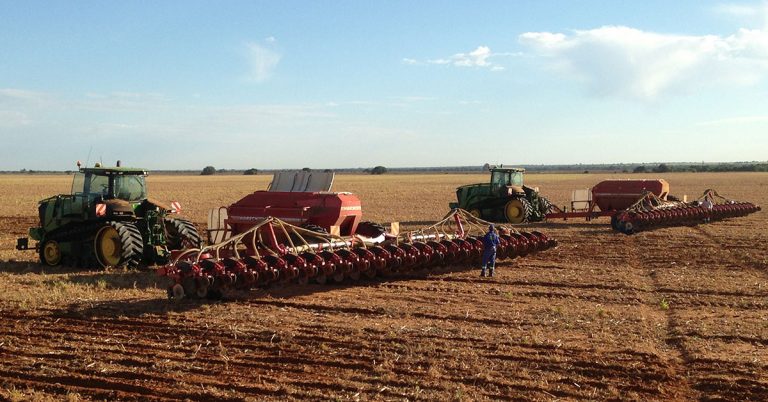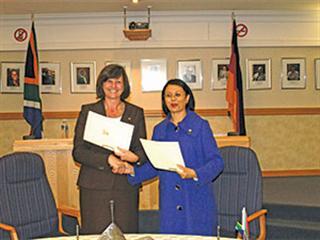
Photo: Annelie Coleman
South African agribusiness leaders remain optimistic about trading conditions, albeit slightly less so than they were earlier this year.
The Agbiz/IDC Agribusiness Confidence Index contracted to 67 points in the third quarter of 2021 from the all-time high of 75 points in the second quarter of this year.
However, according to Wandile Sihlobo, chief economist at Agbiz, any level above the neutral 50-point mark meant that agribusinesses were optimistic about operating conditions in the country.
This optimism was reflected in both the large output and higher commodity prices that benefited farming businesses in 2020/2021, coupled with the favourable outlook for 2021/2022 season.
A statement released by Agbiz said that factors which had a negative impact on the third quarter results included ongoing problems with the country’s logistical services, both inland and at shipping ports. According to Sihlobo this matter needed urgent attention by the country’s policymakers to support South Africa’s export-oriented agricultural sector.
Dr Kobus Laubscher, an agricultural economy consultant, told Farmer’s Weekly that apart from logistical challenges other reasons for the drop in business confidence included ever-increasing agricultural input costs, especially imported inputs.
“Another source of concern is that fact that financial institutions are increasingly hesitant to provide production funding. This matter is made worse by the fact that the Land Bank is not able to service the majority of its clients. Agricultural producers remain at the mercy of a worsening cost-price squeeze, despite this year’s large harvest and high commodity prices,” Laubscher added.










